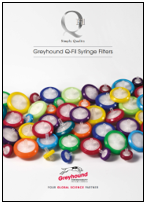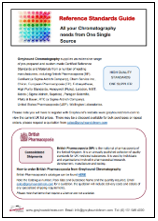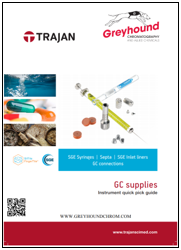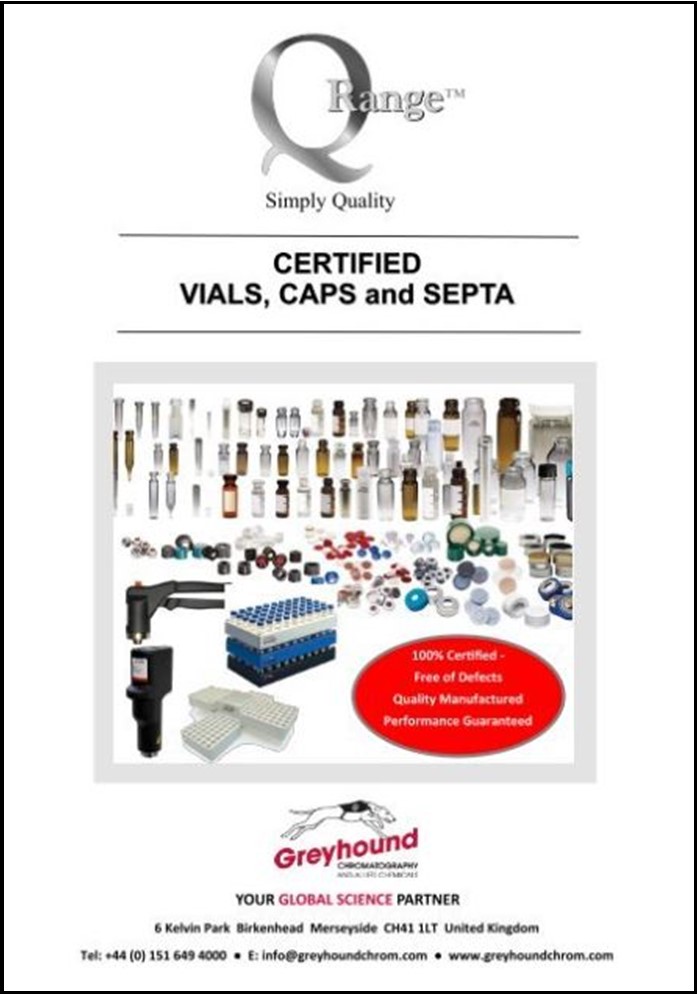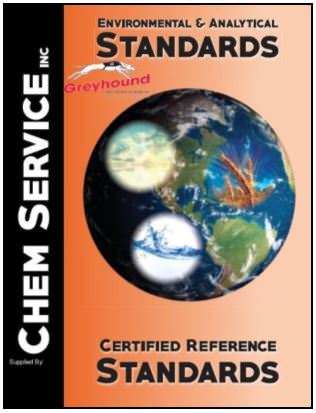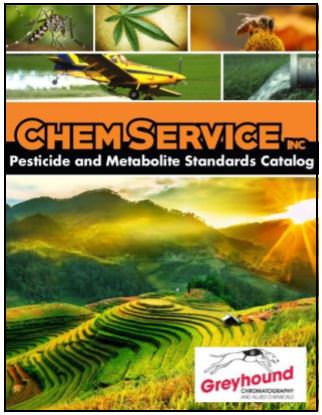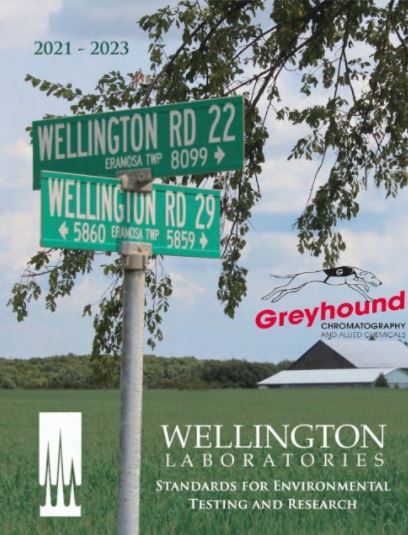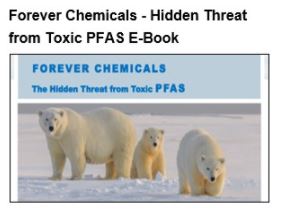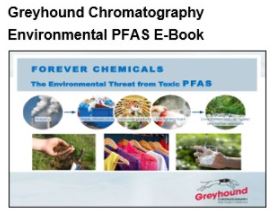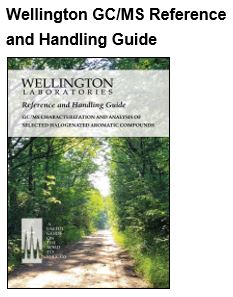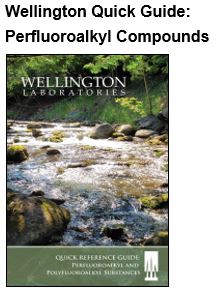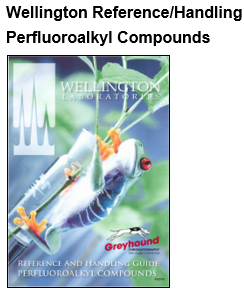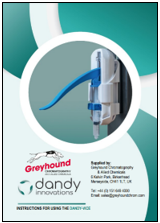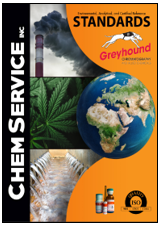How are the human diet and environmental health connected?

![]()
As urbanization increases around the world, the general population increasingly eats mass-produced and processed foods. Compared to fresher foods, these items tend to have more fat, sugar, starch and salt – all of which are detrimental to human health when consumed in excess. Ultimately, unhealthy diets can lead to obesity, which increases the risk of several chronic conditions, such as Type 2 diabetes, heart disease and cancer.
Furthermore, the production and consumption of processed foods not only hurt human health, but also harm the environment because of the resources that need to be used, including clear-cutting of forests and application of pesticides. These dynamics increase the amount of greenhouse gas emissions in the atmosphere and pollute bodies of water that are essential to aquatic life and drinking supplies.
The issues surrounding the human diet and food production have led several scientists to question whether altering dietary trends will positively impact the environment. One team of researchers from the University of Minnesota and University of California calculated the incidence of chronic disease, as well as the emissions of greenhouse gases, if typical diets were replaced with one of three alternatives, as published in the journal Nature.
"Some of what we found is not surprising, but the global implications are frightening," said co-author David Tilman, a professor in the Bren School of Environmental Science & Management. "Most of us have heard that some diets are healthier, that eating too many calories is bad for you and that red meat harms the environment. We were surprised at how rapidly and consistently diets were changing around the world, how massively this would impact global health and how much it would increase global greenhouse gas emissions and the destruction of tropical forests and other ecosystems."
Humans will not eat much of what is grown
Tilman and his colleagues pointed out that increased urbanization both lead to a higher consumption of processed foods, including meat products. Meanwhile, the crop production that is needed to meet growing human demands will need to increase by about 100 percent. However, a significant portion of these crops will actually be fed to livestock and not humans. This is worrisome in light of the environmental impact of agriculture, which includes the runoff of pesticides and fertilizers from farm land and into waterways, as well a the elimination of forest trees that are needed to absorb greenhouse gases.
In their paper, the study's authors combined previous analyses of greenhouse gas emissions from food crops, livestock, fisheries and aquaculture with data on chronic disease. The results were then put into the context of four diets: the typical urbanized diet, the Mediterranean diet, a pescetarian diet and a vegetarian diet.
Based on this information, the researchers concluded that the alternative diets would reduce the greenhouse gas emissions associated with the urbanized diet by 40 percent. Additionally, rates of chronic diseases would decrease, as well. The study authors hope that their findings will persuade food suppliers to use more environmentally conscious production practices.
How can pesticide and fertilizer use improve?
The development of more environmentally friendly agriculture techniques is an ongoing focus of scientific study. For example, the National Research Council issued several recommendations to make pesticides part of a more integrated approach to pest control that includes targeted application of chemical compounds, assessments of both pesticides and suitable alternatives, and education of the public in conscientious use of pesticides.
Similarly, the Food and Agriculture Organization of the United Nations calls for a more integrated use of fertilizer. One way to promote this trend is to increase research on soil biology to drive understanding of nutrient balance.
For 40 years Greyhound Chromatography has been supplying high quality Chromatography consumables to laboratories around the world. Greyhound’s extensive range covers all areas of Environmental, Petrochemical, Food, Forensics, Chemical and Pharmaceutical analysis. Backed by a highly experienced technical services team, Greyhound is the preferred source amongst today’s analysts.
Greyhound Chromatography are proud to supply Chem Service Certified Reference Standards
CONTACT US
Tel: +44 (0) 151 649 4000
Email: marketing@greyhoundchrom.com
FOLLOW US
YOU MAY ALSO BE INTERESTED IN OUR NEWSLETTER
About The Author
Susan Massie, Sales & Marketing Director, Greyhound Chromatography and Allied Chemicals Email: sue@greyhoundchrom.com
Susan Massie is the Sales & Marketing Director for Greyhound Chromatography and Allied Chemicals, affectionately known as 'Greyhound' in our scientific community. Greyhound was founded by Susan's husband Paul Massie almost 40 years ago, Susan hasn't been in the business for all of that time but has been involved with Greyhound for over 17 years. Greyhound continues to grow, expanding into new markets and taking on the challenges of our ever changing environment. It's heartwarming to witness the world waking up to the fact that we are damaging our planet on a daily basis. Every action we take has a direct effect on our planet and the world we leave behind for future generations. Susan is passionate about climate change and is happy to work in an industry that can have a direct effect on reducing the impact of our actions on the environment. All of the team at Greyhound take our responsibilities very seriously, the products that we supply are used by the world's leading scientists and chemists as they endeavour to monitor and repair the environment. All is not lost, if we all take responsibility for our actions, from reducing our waste and reusing or recycling our material collateral we can make a difference. The internet is full of useful advice and guidance, Susan is proud to contribute to that wealth of knowledge whenever she can.
Greyhound prides itself on personal service which provides prompt, efficient, cost-effective, safe delivery of all products. Greyhound provides technical advice and distribution of Certified Reference Standards and Materials, Laboratory Consumables, Solvents and Reagents across all scientific disciplines. Greyhound Chromatography offers over 1 Million products from its UK warehouse. The team at Greyhound are proud to support the work of the world's leading scientists and chemists as they challenge the abuse of our planet and try to make a difference to the world we leave behind for our ancestors.
You can view Susan's Linked In Profile here https://www.linkedin.com/in/susan-massie-79ab4121/


